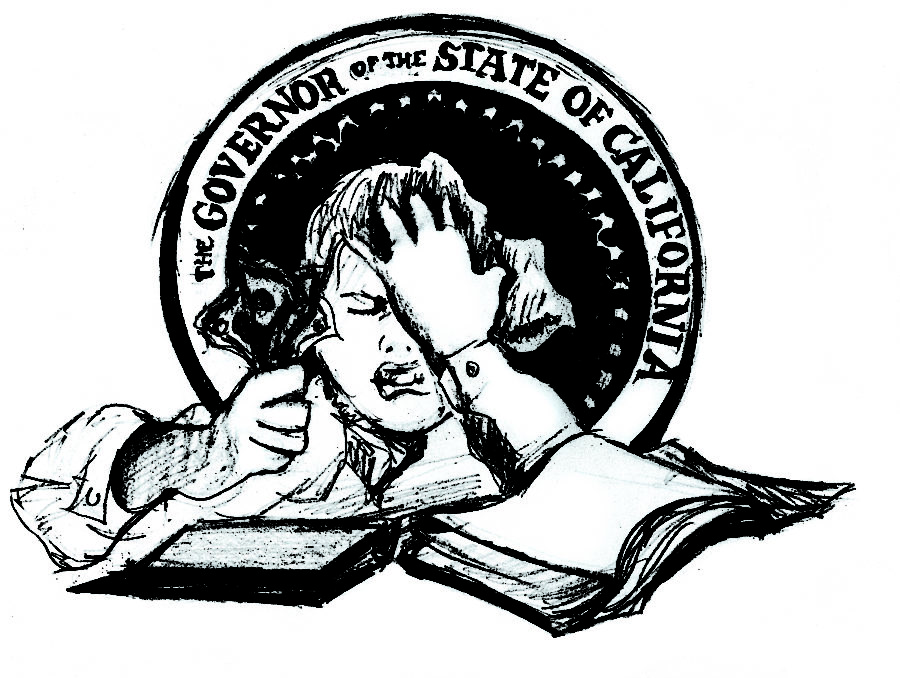As finals approach, some Santa Rosa Junior College students have to come to terms with the fact that they might fail some of their classes.
Lack of motivation, trouble at home and the stress of working and going to school can all be contributing factors in the struggle to pass classes. If you’re one of SRJC’s approximately 13,500 students currently on fee waivers, the struggle to pay for your education could get more stressful.
State community college leaders are considering a proposal that would tie students’ Board of Governors Fee Waivers to their grades, requiring them to maintain a C average for two semesters or earn credit for at least half their coursework in order to keep their financial aid. The high rate of dropped classes among California community colleges is one reason officials are considering the change. Students who drop classes cost the system money, and SRJC shells out more in BOG Fee Waivers than it collects in tuition.
While proponents of the measure maintain that it encourages students to focus on academics, the reality is that at-risk students who find themselves paying full tuition will be discouraged from pursuing their education.
Students will be able to appeal the loss of their waivers, although the cost of appealing that decision could be too costly for students to handle. Appealing the loss of scholarships or financial aid often involves proving extraordinary circumstances beyond the student’s control, such as a serious mental or physical condition. Proving such circumstances, particularly in the case of a mental condition, can be costly. To establish mental health circumstances beyond the student’s control often requires a written statement from a licensed therapist, psychiatrist or psychologist, all of whom require costly sessions to assess the individual before providing such a statement.
California community colleges’ board of governors will not take a final vote on the proposal until January, and the proposal would not be effective until 2016.
Nearly half of SRJC’s students currently receive fee waivers. Adding the stress of losing those waivers to students already burdened by a myriad of problems is a recipe for disaster.



